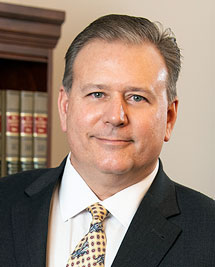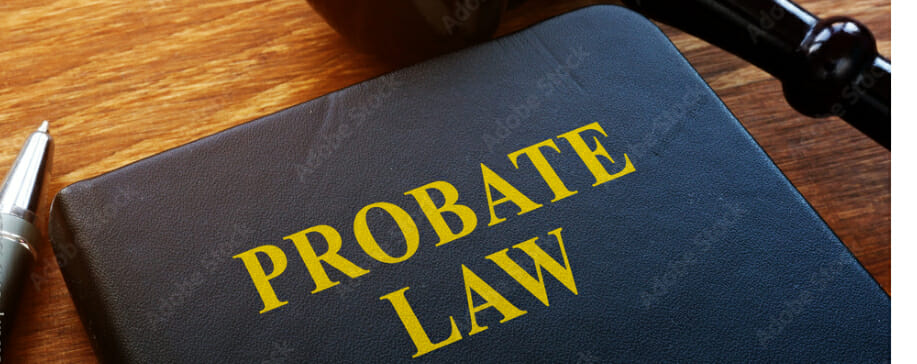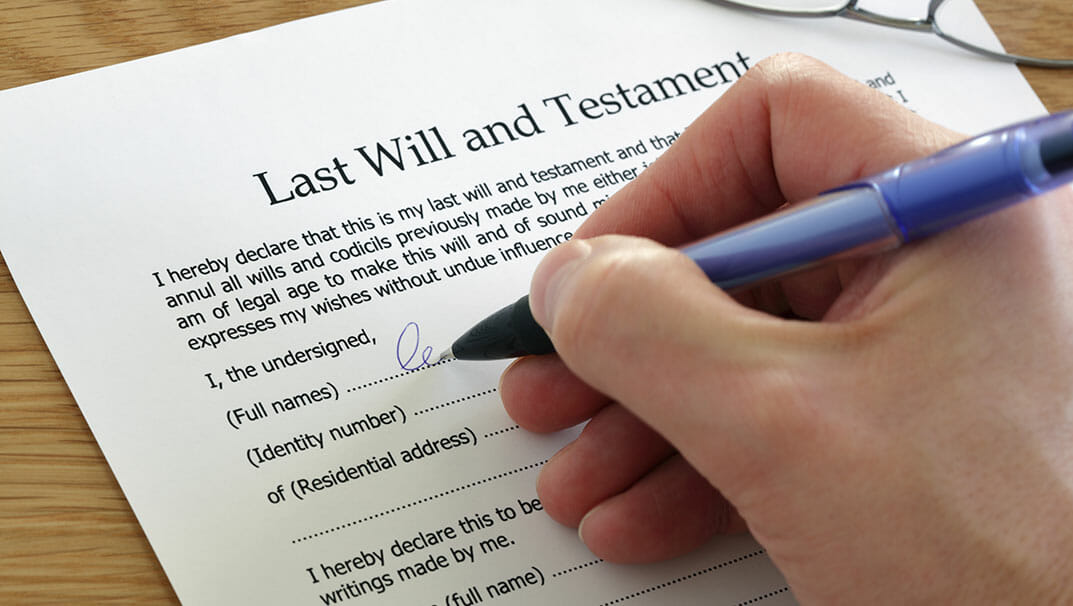The law is full of specialized vocabulary — unwieldy terms that sometimes seem designed solely to confuse.
The Lexington, Kentucky-based consumer bankruptcy firm of Bunch & Brock recognizes that many people are intimidated by the unfamiliar words that govern bankruptcy law and offers these easy-to-reference definitions as a service to potential clients. We understand that every client’s personal, family and economic situations are unique, and you can rely on us for dedicated representation. We have guided many people through the bankruptcy process efficiently and effectively. Put our experience to work for you. Contact us today by calling 859-254-5522 or filling out this online form.
Bankruptcy: A broad, generalized term used to refer to court processes that help individuals or businesses better manage debts and creditors. The two primary types of bankruptcy proceedings are Chapter 7 and Chapter 13. Depending on the type of bankruptcy filing that best fits an individual’s circumstances, debts may be restructured or eliminated; payment schedules can be adjusted; and both short-term and long-term financial planning can be established to address immediate financial concerns. Different rules apply regarding secured debt, unsecured debt, property liquidation and other financial assets, depending on the type of bankruptcy filing.
Chapter 7 Bankruptcy: The most common type of personal bankruptcy, also called “liquidation bankruptcy.” Under Chapter 7, non-exempt assets are sold to pay creditors. Chapter 7 is often the preferred option for individuals who have just enough income for daily living expenses, as post-bankruptcy income is not subject to garnishment by creditors. This type of consumer bankruptcy provides the individual with a clean slate, discharging most debts within six months.
Chapter 12 Bankruptcy: The U.S. Bankruptcy Code, Chapter 12, is specifically intended to address the needs of financially distressed family farmers or fishermen. Chapter 12 contains provisions that help to enable farmers / fishermen to keep their farms or fisheries and also address outstanding debt. Chapter 12 is rarely utilized, but is intended to provide special consideration for the large debts that can arise in the operation of a farm or fishery.
Chapter 13 Bankruptcy: Often known as “wage earner” bankruptcy, Chapter 13 focuses on the restructuring of debt to allow for more favorable repayment terms, usually at lower interest rates. While Chapter 7 bankruptcy relies on the liquidation of assets to satisfy debts, Chapter 13 allows the individual to use future income to repay creditors. Chapter 13 almost always allows the person to keep their home and property.
Consumer Bankruptcy: The U.S. Bankruptcy Code provides different ways for individuals to file bankruptcy, including Chapter 7, Chapter 13 and Chapter 12 bankruptcy. An individual may file for personal bankruptcy to help protect money and property from creditors who may use the courts to seize possessions.
Debt Consolidation: A process that facilitates more favorable debt repayment terms by combining many loans into a single loan. Debt consolidation is a loan that lets you borrow money to pay off your debts. There are two types of debt consolidation loans: (1) unsecured and (2) secured with home equity. Debt consolidation can be an effective tool that allows the individual to restructure debts into a single payment, often at a lower interest rate. In some circumstances, debt consolidation can help individuals avoid filing for personal bankruptcy by improving their overall financial health.
Debt Settlement: A negotiation process with creditors of unsecured debt (e.g., credit cards, medical bills, and other loans) to alter the repayment terms. This may include modifying the total debt amount, extending payment terms, reducing interest, waiving current payments for larger payments later, or other options to allow an individual to address their debts without filing for bankruptcy.
Discharge / Dischargeable Debt: The U.S. Bankruptcy Code allows for some debts to be discharged in the bankruptcy process, relieving the debtor of personal liability. The types of debts discharged depend on the type of bankruptcy filed (e.g., Chapter 7, Chapter 12, Chapter 13, etc.). Once a debt has been discharged, the individual is no longer personally liable and a creditor may not take any further collection actions against the debtor. Examples of dischargeable debts include credit card charges, medical bills, business debts, past due rent, utility bills, and others. The bankruptcy code itemizes several types of debt that cannot be discharged through bankruptcy. Examples include student loans, taxes, child support, and alimony.
Exemptions: Some property can be excluded from the bankruptcy process, depending on the type of personal bankruptcy filed and the state laws governing property exemptions. Sometimes the entire value of the property may be exempt, but in some circumstances only a portion of the value may be considered exempt. During Chapter 7 (e.g., “liquidation bankruptcy”), an exempt property means it cannot be sold to pay debts. Property exemptions in Chapter 13 can lead to lower repayment terms, providing a more favorable outcome for the individual.
Secured Debt: This term refers to a loan that is secured by the value of an asset, known as collateral. The collateral on a loan is meant to safeguard the interests of the creditor by providing something of value that can be liquidated if the debtor defaults on the loan. The most common types of secured debts are home loans (secured by the value of the property) and car loans (secured by the value of the vehicle).
Unsecured Debt: If a loan is not backed by the value of an underlying asset or collateral it is an unsecured debt. Examples of unsecured debt include medical bills, credit card charges, rent, and utility payments. When a debtor fails to adhere to the repayment terms of an unsecured debt, a creditor may try to seek a court order to establish a lien on an asset or garnish wages to recoup their losses.
Questions about Bankruptcy?
The Kentucky bankruptcy attorneys at Bunch & Brock can help you evaluate your current financial situation and determine the best course of action for you to consider. It can be difficult to understand the differences between Chapter 7 and Chapter 13 – or to decide if filing for bankruptcy is necessary. With over 30 years’ experience handling personal bankruptcy cases across Kentucky, our lawyers can help you find the right way forward to improved financial stability.
For more information regarding personal bankruptcy or to schedule an appointment, contact us by calling 859-254-5522 or filling out this online form.

Attorney Matthew Bunch
Matt handles complicated bankruptcies and debt restructuring in Chapters 11 and 13 for both individuals and companies. He has also negotiated with multiple creditors on behalf of his clients to avoid bankruptcy. Matt is the firm’s lead litigator and handles contract disputes, certain personal injury claims and general litigation. [ attorney bio ]
















